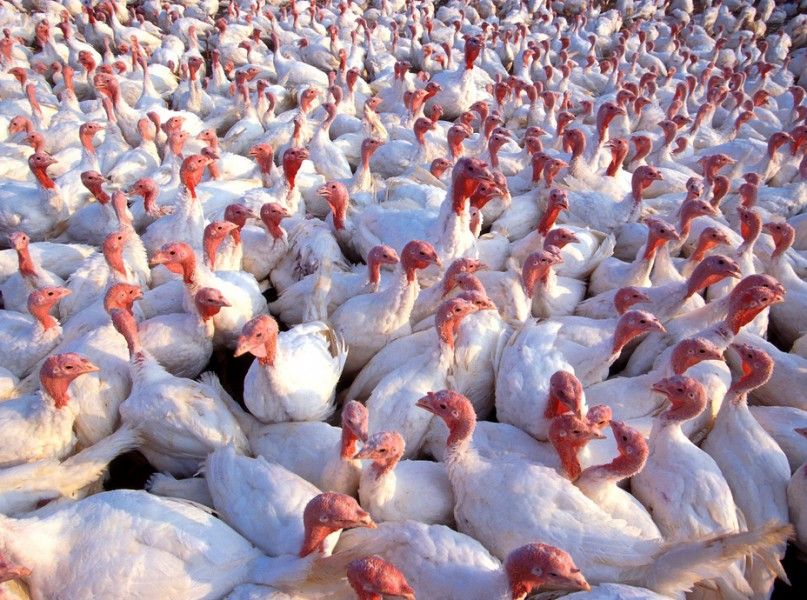The CDC says that in the US, about 1 in 6 people getting sick from food-borne illnesses, causing 128,000 hospitalizations and 3,000 deaths each year. But, the solution isn’t so easy. Scientists know that with the increased use of antibiotics in farm animals to prevent these food-borne illnesses, people will get sick in the future, as overuse leads to antibiotic-resistant disease. Now, with a new round of Series A funding confirmed, AbCelex Technologies Inc. is hoping to solve both of these problems.
The privately owned and Ontario-based company, AbCelex, has received $2 million of funding for the R&D of their antibody-based approach to control dangerous pathogens that currently reach the plates of many Americans. The round was lead by Cultivian Sandbox Ventures, LP, a Chicago-based fund focused on disruptive food and ag technologies.
“We are well on our way to developing our lead anti-Campylobacter product for poultry,” said Abcelex President and CEO, Dr. Saeid Babaei . “AbCelex’s antibody-based approach to controlling harmful pathogens is poised to have a dramatic impact on human food safety. Our innovative intellectual property platform combined with our proprietary genomics know-how allows us to deliver unique antimicrobial solutions against various pathogens in multiple farm animal species.”
The financing round adds one more to Cultivian Sandbox’s portfolio, which includes enEvolv, Sample6, Allylix, and earlier rounds of funds. Cultivian Sandbox was formed in a partnership between Chicago-based Cultivian Ventures, and Sandbox, also Chicago-based venture fund that was started by ex-Monsanto-ers, Bob Shapiro, Nick Rosa and Steve Engelberg.
“AbCelex has some exciting next-generation biotechnology to address some of the world’s pressing food safety challenges”, said Dr. Meeusen of Cultivian Sandbox. “The team at AbCelex has overcome the difficulties in delivering antimicrobial antibodies through oral administration to farm animals. Their feed additive approach will revolutionize the treatment of many food-borne pathogens improving food safety for all of mankind.”
FEATURED PHOTO: U.S. Department of Agriculture/Flickr





